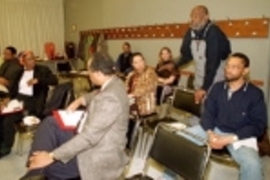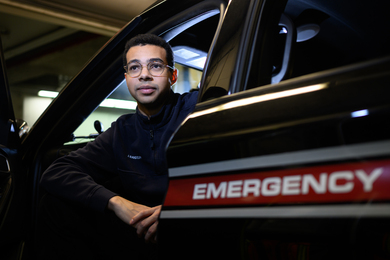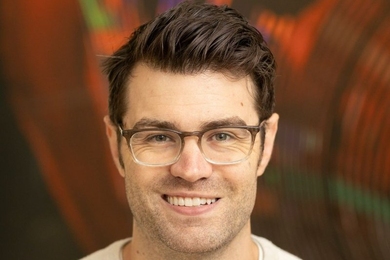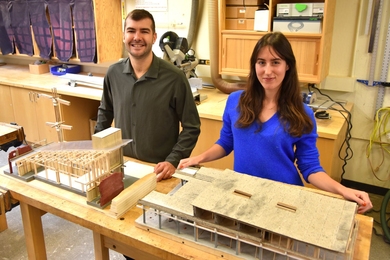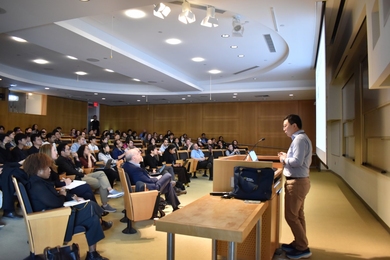The Center for Reflective Community Practice (CRCP) hosted a day-long conference, "In Search of Community: From Knowledge for Profit to Competitive Intelligence," on May 18. The conference was the final presentation for CRCP research fellow Paula Robinson.
The goal of the conference was to explore the feasibility of building and testing a sustainable model of an "intelligent community" in Roxbury (part of Boston). Ms. Robinson used Roxbury as her model because its 35 community-based organizations (CBOs) have received a 20-year grant for technology, hardware, furniture and software as part of a Boston technology initiative. These autonomous sites, known as Timothy Smith sites in honor of the original funder, could be joined in an "intelligent network" or community, Ms. Robinson's study suggested.
"CBOs are the personal trainers and political brokers of the low-income community. Some CBOs have been in Roxbury for almost 100 years. The fund makes them technologically wealthy for the next 20 years, and like it or not, as Timothy Smith sites, these CBO products will now also include access to technology, curriculum and training. And if they can master the infrastructure and connectivity, they will fit into a regional, national and global marketplace," Ms. Robinson said.
In his remarks to the conference participants, Ceasar McDowell, director of the CRCP in the Department of Urban Studies and Planning, said, "This year Paula got us thinking about this collection of Timothy Smith sites as a strategic partnership. We know we're in this information technology age, but what does it mean for the small community-based organization? How do you get any economic pull if you don't know how to own or share the information?"
Ms. Robinson found that the CRCP seminar, "Making Places Through Information Technology," taught by Professor Joseph Ferreira and Visiting Professor Stephen Graham, was particularly helpful in producing "In Search of Community."
"There isn't one approach to service, but there is a complex chemistry that is needed as well," Professor Ferreira said. "Do you need to partner with business institutions like a CompUSA or do you tend to go on your own? The point is that the answers are changing. CBOs must try to predict what will happen a couple of years from now."
Conference participants shared more than a challenge and willingness to explore a common goal in community economic development. They also shared concern for the consequences of not meeting the challenges of the Information Age.
"American companies are saying that they can't fill the jobs here because people don't have the skills, and young people here say that they're not getting a chance to train," said Mel King, former director of the Community Fellows Program (now CRCP). "Community centers can play a role in mediating the two, and we need to train our communities en masse in order to participate in this global economic frontier."
In her summary comments, Ms. Robinson noted that "the architecture of segregation has been historically entwined with the architecture of information technology. Those who have access to the telematics infrastructure -- telephone, fiber optics, ISDN, and satellite and cable networks -- will benefit economically, socially and intellectually, while those who do not, although next door, will be in exile."
The CRCP Forum series is sponsored by the Department of Urban Studies and Planning.
A version of this article appeared in MIT Tech Talk on June 7, 2000.
